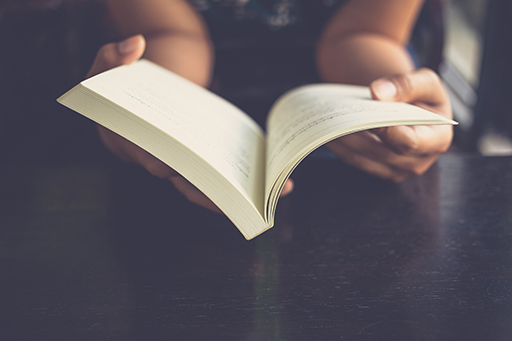1 About critical reading
It is impossible to be a good writer without being a good reader first. But what do we mean by ‘good’? Writers go to books for various reasons, whether for guidance and inspiration, or to understand something better: about writing, life, or both. Perhaps the key to ‘reading as a writer’ – in other words, reading with a writerly eye – is being able to understand a text as its constituent parts while still appreciating it as a whole.
Reading the work of a variety of different authors is invaluable for expanding your awareness of what a text can be and do. Reading provides not only inspiration and useful exemplars – of methods, subjects and styles – but also a context within which to develop your own voice and individuality as a writer. This kind of critical reading and thinking will enhance your practice of creative writing; the more you learn about how texts operate, the better equipped you’ll be as a writer.
Reading as a writer, also known as ‘critical reading’ or ‘close reading’, involves analysing how a piece works and how an author achieves particular effects. For instance, when reading a short story, you might consider how the writer uses elements like point of view, tone, and structure to generate tension or create a compelling ending.
Think about why the author made certain choices in their piece, and what the outcomes of those choices are. Remember: texts are not simply given. They are the result of countless decisions on the writer’s part. Some of them might be instinctual and might not seem like conscious decision-making to the writer, but a great deal of them will also be the result of painstaking deliberation. We might not be able to know an author’s personal intention, but we can analyse what effect their choices have on us.

